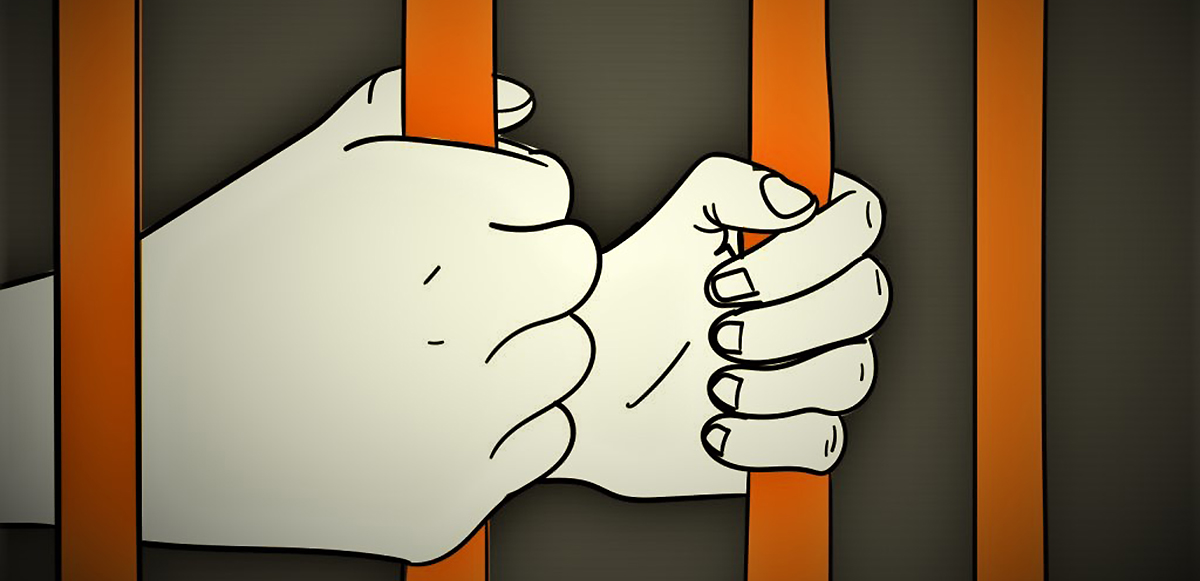WHAT drives a person to commit an act of terrorism, killing others for political or ideological gain? This is a question experts have struggled to adequately answer for decades. Now, an extensive research project involving a Professor at the University of Huddersfield has explored the lifecycle phases among loyalist and republican paramilitaries from across Northern Ireland and has published a guide that uses 12 lessons from Northern Ireland to demonstrate how civilians can be encompassed in the lifecycle of violent extremism.
Jim McAuley is a Professor of Political Sociology and Irish Studies at the University of Huddersfield and a leading authority on Northern Ireland's turbulent past. Along with Professor Neil Ferguson from Liverpool's Hope University, the pair conducted one of the largest and most comprehensive re-analyses to date re-examining over 100 transcripts of their interviews with Northern Irish paramilitaries, ex-prisoners and former Loyalist and Republican combatants, carried out during the 1980s and 90s.
Funded by the Economic Sciences Research Council (ESRC) through the Centre for Research and Evidence on Security Threats (CREST) the Professors say the findings from their research titled 'The Violent Extremist Lifecycle: 12 Lessons From Northern Ireland' will prove a useful tool for security practitioners, not just in Northern Ireland but around the world, for those working to reduce the threat from violent extremists.
Professor McAuley explained how over the last decade research exploring de-radicalisation and desistence from terrorism has grown and expanded in an attempt to promote exit from extremist or terror groups. However, research studies on how individuals sustain engagement in terrorism and their involvement with extremist organisations, often in the face of great adversity, have been absent from the body of research.
To address this lack of evidence, the Professors decided to re-examine their interviews over a period spanning 20 years that they had carried out with Northern Irish loyalist and republican paramilitaries. Their aim was to see if they could discover a pattern they could project forward to the present-day.
Professor Neil Ferguson explains how the research focused on the processes, and pull and push factors, which help or hinder the transition from civilian life into and back out of terrorist activity. This is based on the analysis of approximately 100 anonymised transcriptions of interviews conducted with Northern Irish paramilitaries, ex-prisoners and former Loyalist and Republican combatants.
They focused on three key aspects. How and why individuals initiated contact with armed groups and their engagement in politically motivated violence and terrorism. Once engaged how did they sustain this activity and develop to become key 'players' in the conflict over the lifespan of their paramilitary careers and finally, they explored how former combatants disengaged from violent extremism and their transition back into their community, focusing on the drivers and barriers to their disengagement, de-radicalisation and reintegration.
"The themes raised through the analysis," said Professor McAuley, "reflect the psychological, social and economic hardship associated with this lifestyle. The narrative accounts also illustrated psychological changes associated to engagement in violence and from insulation within tightly knit extremist groups.
"Also, as most of the participants faced incarceration during their paramilitary careers, the themes also reflected the impact imprisonment had on them," he added.

Professor McAuley has over 30 years of experience researching political violence and terrorism in Northern Ireland and is a member of the University's Centre for Citizenship, Conflict, Identity and Diversity (CCID) and the Centre for History, Culture and Memory (CHICAM).
This research was part of a larger project entitled Learning and Unlearning Terrorism: The Transition From Civilian Life Into Paramilitarism And Back Again During The Conflict And Peace Process In Northern Ireland.






